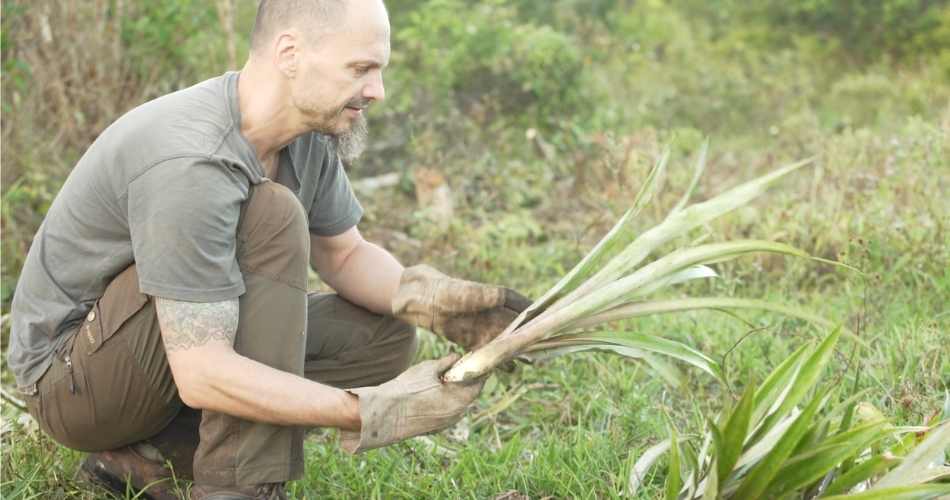
Given the times we live in, it’s only natural to become more and more focused on our lifestyle and our priorities in health. Maybe, that’s one of the reasons why self-sufficiency has become so popular and why so many people choose it as a way of life. The truth is, there are many factors that pushed us all towards wanting to live in a healthier way and to take care of our bodies. And regardless of the why, it’s more than welcome if it makes us feel better, right?
What does it mean to be self-sufficient? If you become more self-sufficient you will be able to supply your own needs without external assistance or resources. The best thing is, that there is no measurement of how you are doing it! You can be more self-sufficient in one area than in another, but the end goal is for you to feel better, be better, and live better. You don’ have to strive for perfection and become a homesteading master. Think of self-sufficiency as a lifestyle. And own it!
The truth is, we probably can’t all move to the suburbs and own a ranch. It’s going to take some adaptation and finding the best ways for you to optimize your own space, time, and surroundings. How do you do that? How do you become more self-sufficient? Let’s find out!
1. Grow your own food
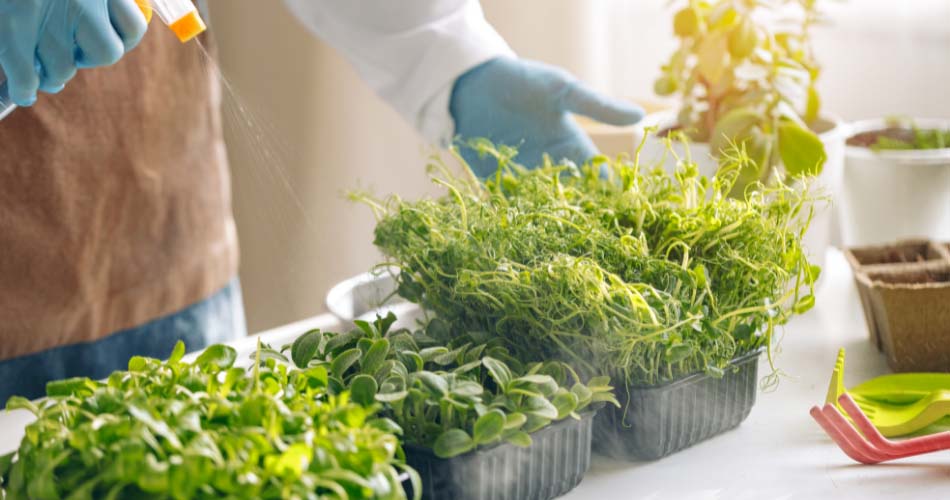
This could be your number one step. And no one is saying it’s an easy one, especially if you are a beginner and want to avoid making mistakes in homesteading. Still, it’s very achievable, and when you enjoy the fruits of your work (quite literally), the feeling is amazing!
You can start small. Make yourself a kitchen herb garden. This is the easiest way to start, and it is perfect if you don’t have the space to grow vegetables and fruits. Herbs are not pretentious – you can just keep them next to a window and water them regularly.
The best part is, that you can really grow any herbs – basil, mint, parsley, dill, balm, rosemary, and so much more! They require very little maintenance and are an amazing addition to your cooking, to your tea making, or why not add some mint to your cocktail?
On a later level, if you want to expand your food growth, you can think of a way to have a small garden (or hopefully, a big one) and grow vegetables you use daily and fruits to add to your healthy lifestyle. Remember, even if you live in an apartment, homesteading can live in you. Use the space on the balcony and turn it into your small heavenly space to grow food.
2. Make your own energy
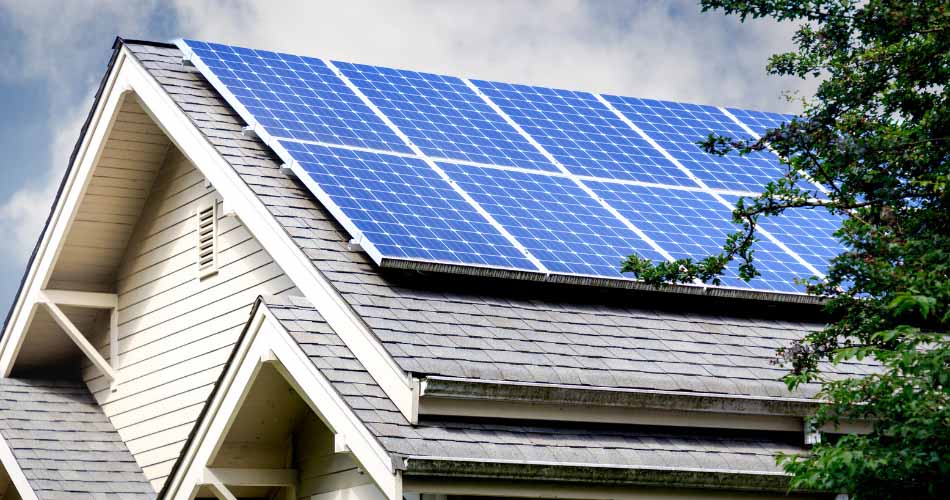
Buying solar panels can turn out to be one of the best decisions you make! The idea of producing your own electricity so that you can be eco-friendly and reduce your bills monthly is just an opportunity you can’t miss! Becoming more self-sufficient is really all about being independent of some limits. And getting free energy is liberating.
Thankfully, solar panel systems are getting more and more popular these days, thus the choices you have are wide and can work great for you. Even if you live in an apartment, there are ways to go solar! How much money you can save by choosing this electricity option depends on a few factors, but in general, you will always benefit from it.
Not only that but using solar power instead of conventional energy can reduce the carbon and other pollutants emitted into the environment. This means cleaner air and cleaner water. This is just an addition to your money-saving choice of buying solar panels for electricity!
Cut your energy bills by up to 60% by building a DIY solar system! Click here to watch the video and learn how.
3. Save and plant seeds
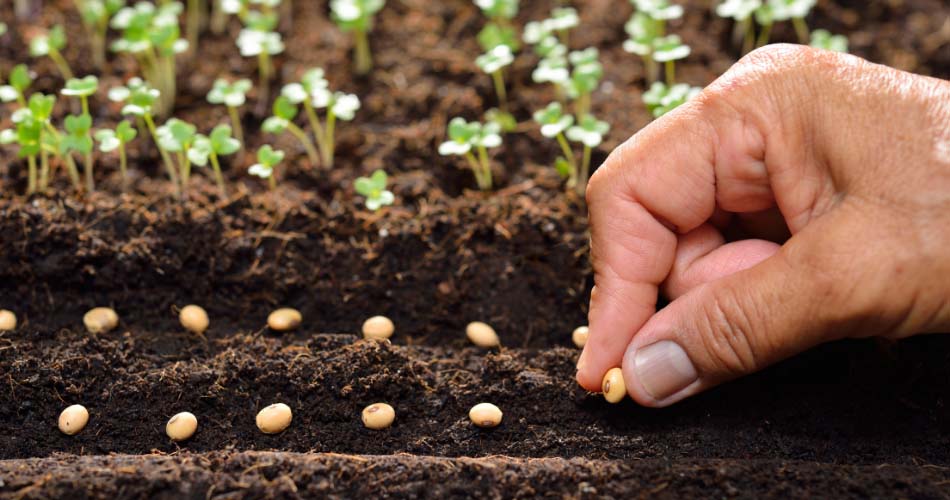
Let’s get back to your gardening skills. Once you get that going, it’s time you expand your knowledge on which seeds are worth keeping and later planted. Being able to save seeds from your plants each year will give you the chance to grow plants that are adapted to your specific climate. It will also give you the chance to grow vegetables and fruits that you already have supplies for.
Not to mention the chance of not just growing your own plants but also proudly using them to continue the cycle and own self-sufficiency in its full capacity. You won’t ever have to buy seeds again!
Planting your garden can be an even more exciting process than growing. And it doesn’t matter if it is your first time doing it or the tenth, the feeling of planting fresh greens and seeing them grow never gets old.
4. Learn to fish
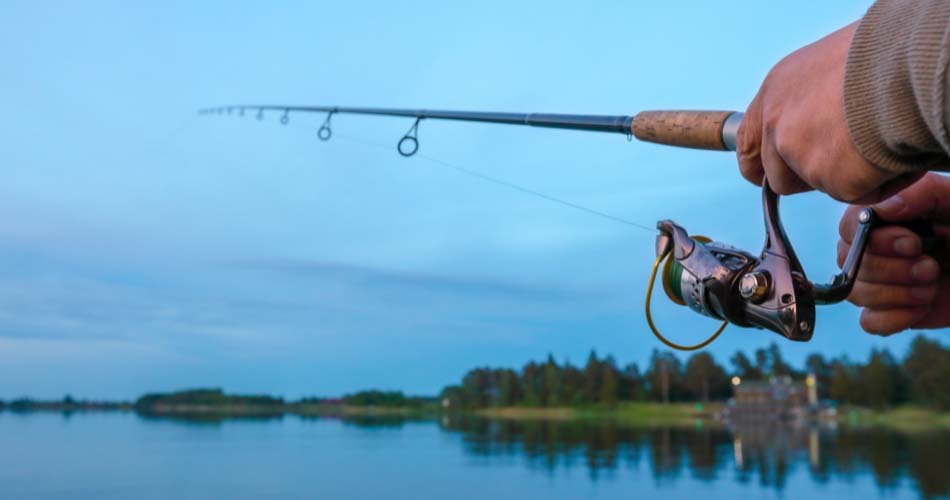
Here is another way to make the most of the environment around you and to put focus on being more independent. To be honest, growing and getting your own food is more than just independence. It’s more than freedom – it’s authenticity. You can rarely find on the market products that are as fresh as those you get for yourself. That’s the beauty of it!
Of course, you will need a license and some gear, you will need to learn some specifics, but in the end, you will find it’s not only an efficient and easy way to get food but also a pleasant way to spend time. It’s no secret a lot of people choose fishing for spending their weekends – to chill, to relax, and to provide food, of course.
Make sure you choose the right spot for that. If you are a beginner, lakes are a great option. They usually have more hungry fish than a river. In a lake, you can usually find bass, rainbow trout, and panfish.
5. Get rid of the clothes dryer
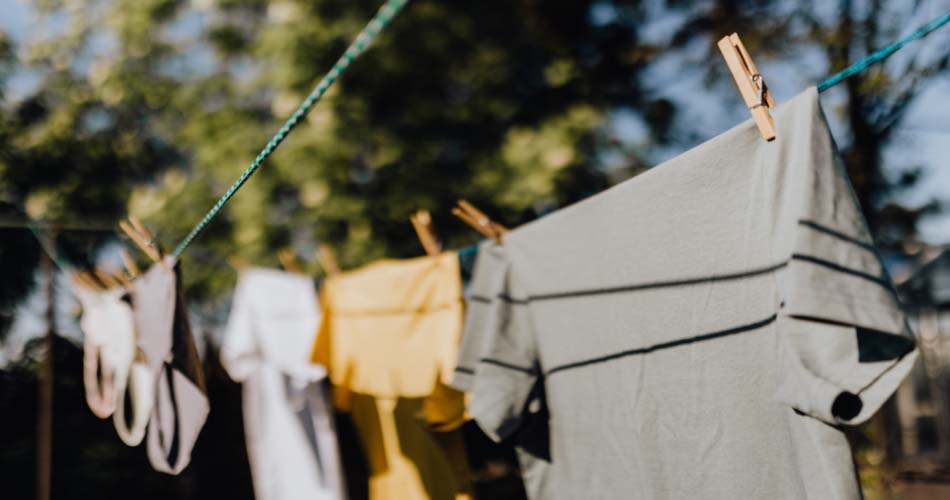
Unfortunately, it is not very common knowledge, but the truth is, clothes dryers are some of the biggest energy suckers. They waste tons of energy, and not to mention, they tear up the clothes, shrink them, make them lose elasticity, and a lot more! In some countries, most people go to Laundry rooms and use the dryer machines there, which costs them money, wastes energy, and affects clothes. Other people buy drying machines for their homes which ultimately has the same outcome – money spent, energy wasted, and clothes – well, you already know.
If you choose to dry your clothes on racks indoors or outdoors, you can save not only money but the energy we were talking about. Actually, there are many countries that still choose this as a method of drying and you’d be surprised how good of a choice that is!
Don’t forget this also goes for drying your hair, your utensils, etc. You can choose to lose the dishwashing machine for plates and silverware and wash them by hand, drying them naturally. And for your hair, you can always leave it to dry out naturally – it is not only good for the energy, but also for your hair because the hairdryer damages it.
6. Learn to sew, knit, or crochet
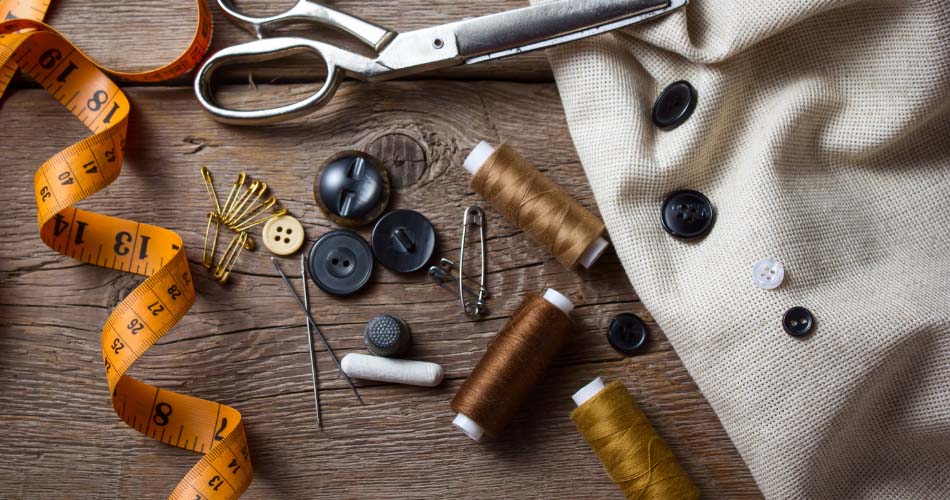
Here is another way to make the most of self-sufficiency. Learning to sew by hand or with a machine is an incredibly underrated skill. It’s even becoming extinct, and the truth is, it is a really helpful skill that can help you a lot in your day-to-day life. Instead of always buying new clothes, you can mend them or even sew your own! It is cheaper, and it can be done in a way that you truly want it – not be a slave to brands and fashion.
If you learn how to knit, you can make your own gloves, scarves, or even some pullovers to keep you warm in the winter. Not only that, but you can also make blankets, socks or whatever you like, really! And could you imagine if you could also spin your own wool? This is the highway to becoming more self-sufficient!

7. Use less technology
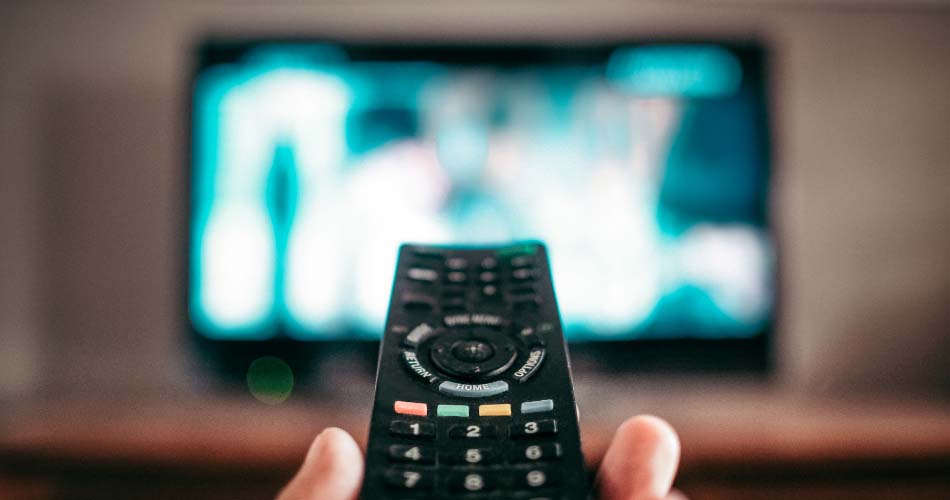
We’ve already mentioned the washing and drying machines, but it really goes the same way for all technology and appliance. If you can reduce the usage of TV, laptops, and phones, you can actually enjoy life much more and at full capacity. You can become more productive, more focused, and even more educated when you control your sources of information.
We are not saying to stop using them in general, because we know how almost impossible that is, but if you choose to spend two hours in the garden at night, instead of in front of the TV, on the couch, you’d soon notice the difference!
You can also make some decisions about home appliances. Choose cooking on gas instead of having an electric oven. Lose the kettle for water heating, the coffee machine, the AC, and other technologies that you can replace with alternatives, and save money and start living better.
8. Eat seasonally and store for the winter
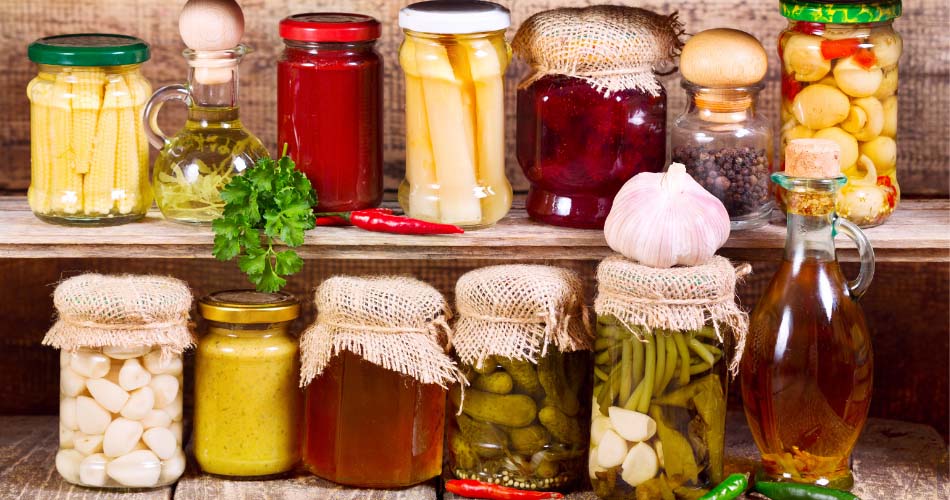
This is a practice that was once used a lot back in the years. When you grow your own food, you can easily start eating it in the seasons you do it. Some vegetables and fruits grow in the spring, and others do that in the fall. When you learn to eat according to what’s in the garden, you’ll be making use of your work.
Not only that, but you can also learn to can in-season fruits and veggies. This has been done for centuries, but we understand if you feel not confident about it at first. With so many grocery stores around us, no one even teaches us how to do it. But it’s never too late for a new skill to make you more self-sufficient!
Soon after, you’ll be all set to ferment, pickle, preserve, dry, and store provisions. With some guidance from online blogs and guides or some books for homesteading, you’ll be all set in no time to store food for the winter! And when winter comes, you’ll have delicious food and choices for home-cooked meals.
But there is something more… We tend to forget that crisis may appear. Tornados, blizzards, fires, lockdowns… we’ve seen so many of them for the past few months, and being prepared is the best strategy. This video will show you some of the “lost ways” to preserve food and ensure you and your family are well prepared for anything.
9. Raise animals
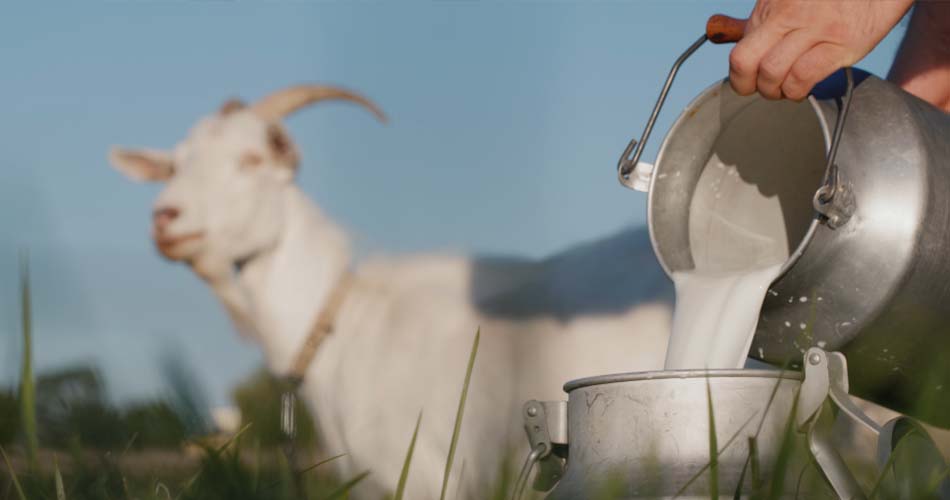
We know this might as well have been the first and most important tip in this article, but we saved it for last, mostly because not all people have the environment to raise animals, and it’s not even allowed everywhere.
However, you can raise animals for dairy products, for eggs, or if it is your choice – for consumption. For example, you can own backyard chickens that will daily provide eggs for you while also being easy to look after. You can also get a couple of goats or a cow. They will give you fresh, raw milk that is delicious and good for you! You can also later use it to make cheese, yogurt, butter, or other dairy products.
As a self-sustaining homestead, you can also produce all the animal feed you need instead of buying it.
Speaking of animals, you can also learn to hunt and butcher and provide your own meat, if this is something you think can do and tolerate. It’s really up to you!
Self-Sufficiency as a lifestyle
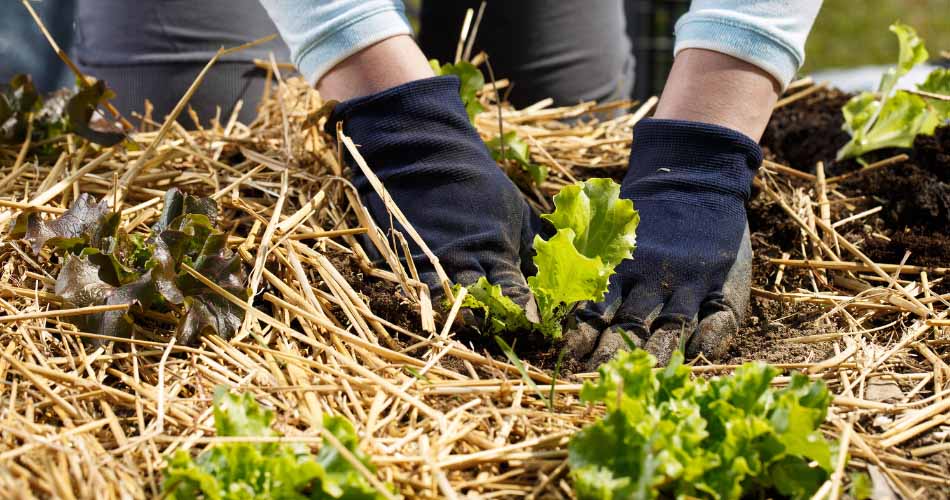
As you can also conclude, being self-sufficient means changing your way of thinking and expanding your vision. Think of all the ways you can save time, effort, money, and energy. Think about learning how to live with less. In the end, we promise, it will turn out to be living with more!
Eliminate the concept of waste! The true self-sufficient homestead will essentially not waste anything. Everything is a nutrient and can be put into the next step of a process if thought through. Wasting resources is a hard “no” when you do everything by yourself. Simply rethink all decisions you make about tossing and flushing away. Step by step, you’ll be getting closer to being more independent in your way of living.
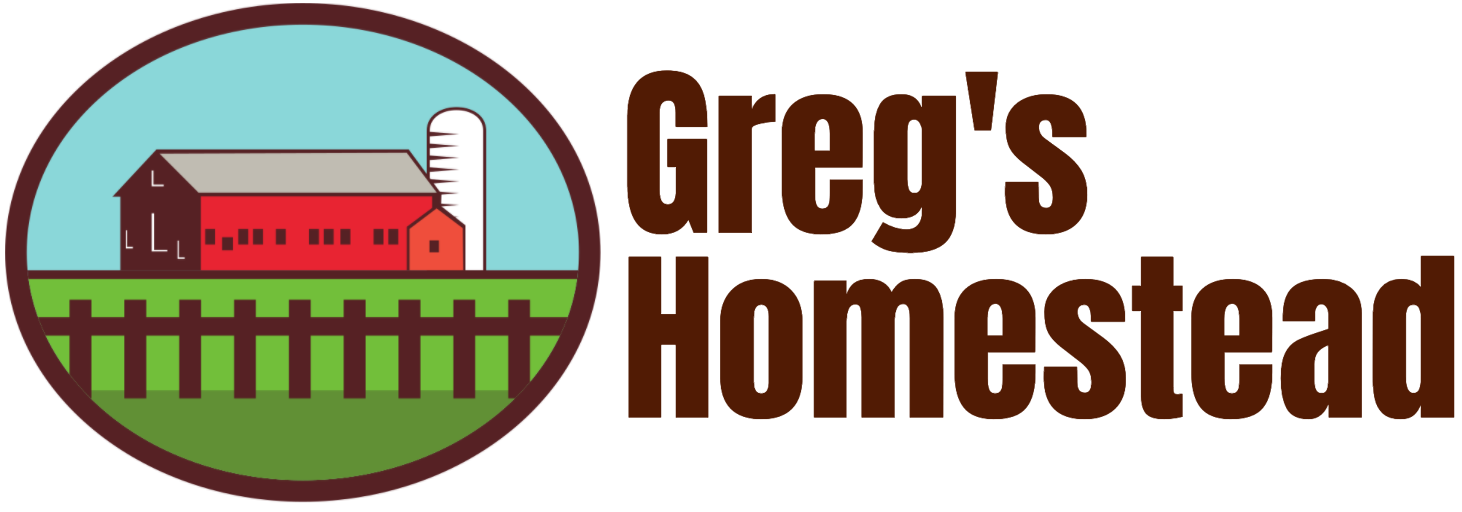
A great starter post. Well and thoughtfully written. Thank you. I look forward to reading more of your posts
Thank you very much! We appreciate you’re here! What topics are you most interested in?
What’s Going down i am new to this, I stumbled upon this I’ve discovered It absolutely useful and it has helped me out loads. I am hoping to contribute & assist other users like its aided me. Great job.
Thanks very much for the very educative, useful and great ideas. May God bless richly.